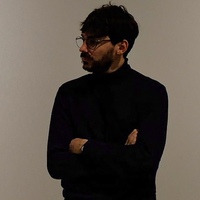Pierpaolo Betti
KU Leuven, Institute of Philosophy/Hoger Instituut voor Wijsbegeerte, Department Member
- Most of my work focuses on the relationship between Leibniz's and Kant's philosophy. I am especially interested in their treatment of (simple) substances, their conception of metaphysics, and their view on teleology and organisms. My cur... moreMost of my work focuses on the relationship between Leibniz's and Kant's philosophy. I am especially interested in their treatment of (simple) substances, their conception of metaphysics, and their view on teleology and organisms. My current PhD project, supervised by Prof. Karin de Boer, aims at reconstructing Kant’s evolving conception of monads throughout his pre-critical and critical texts. It does so (i) by giving a first and comprehensive account of the shift from Kant’s physical monadology of the 1750s and 1760s to what I take to be his non-physical monadology of the 1770s, 1780s and 1790s, (ii) by situating this shift within the broader framework of the development of monadologies in the eighteenth century, and (iii) by exploring how this framework was shaped by the rising modern science of the time.
I obtained my BA at the Università degli Studi di Padova, and my Master and Research Master at KU Leuven's Institute of Philosophy.edit
